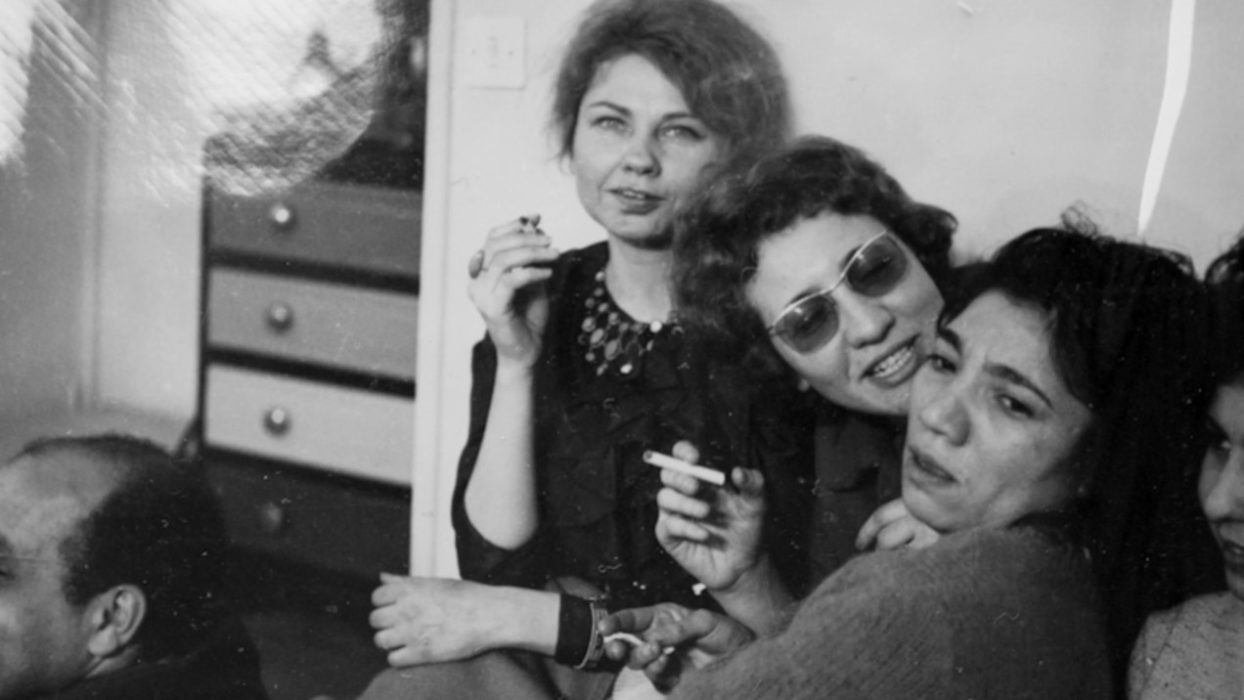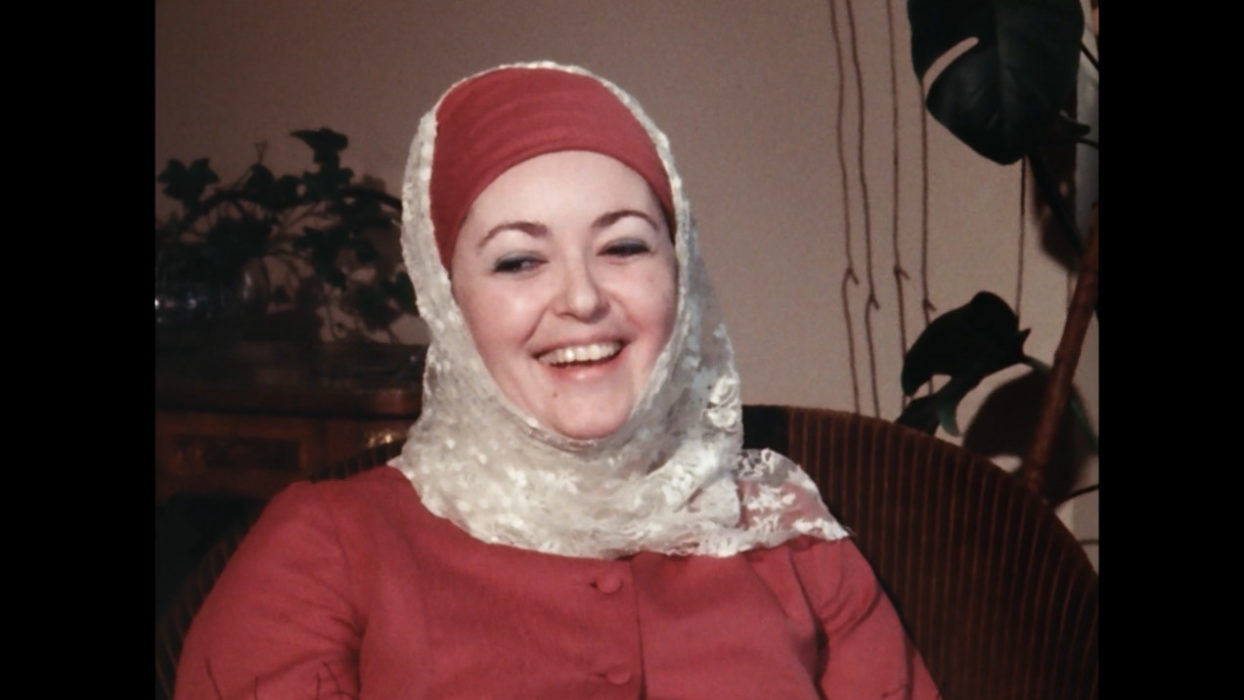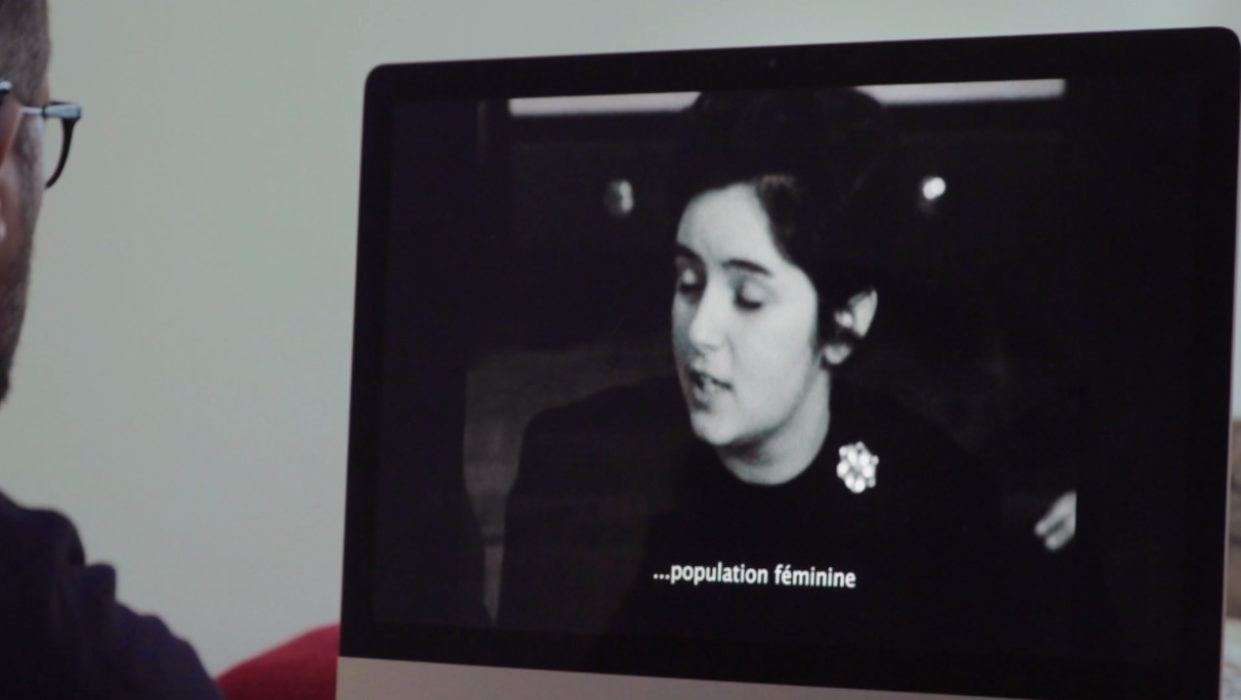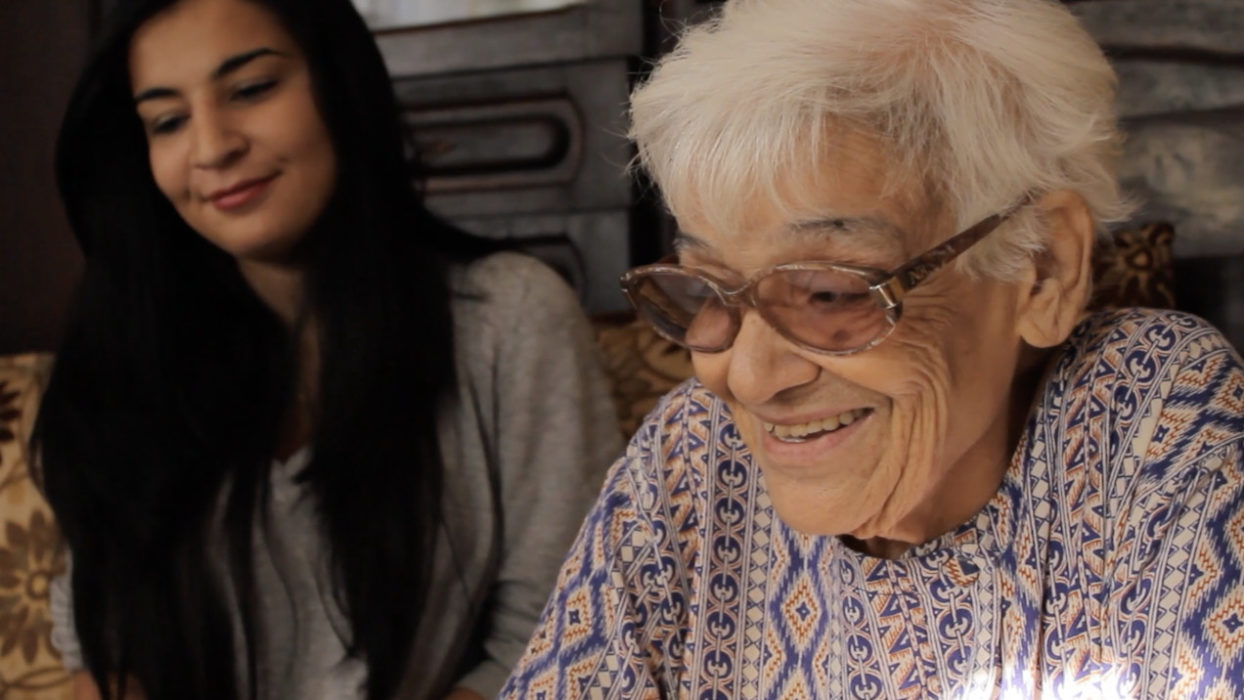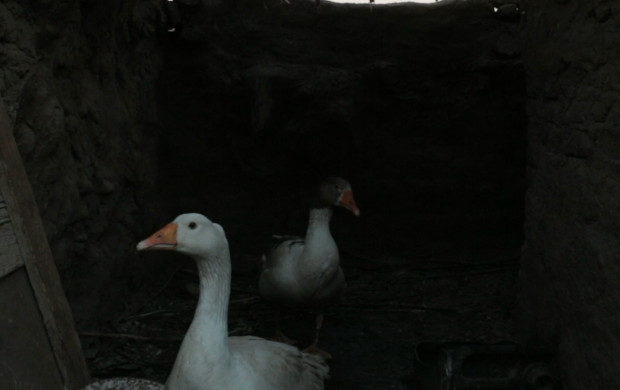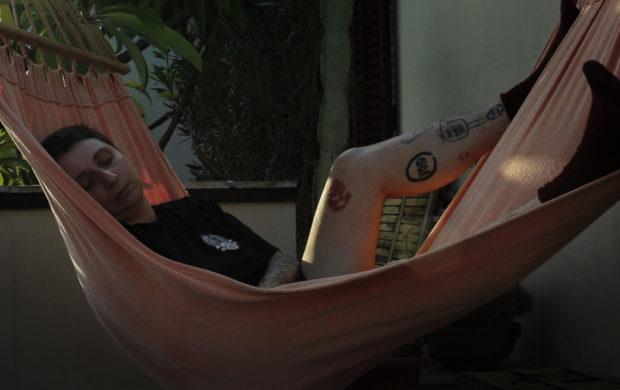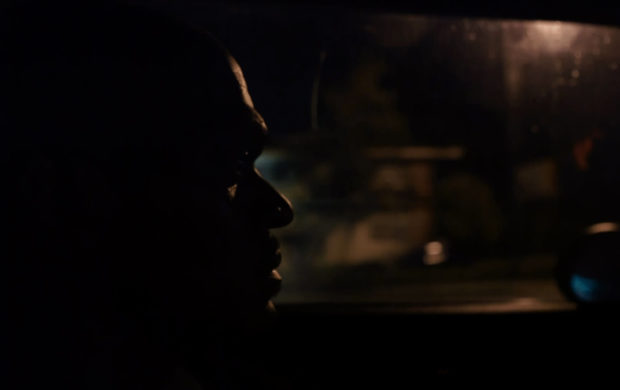Les Mots qu’elles eurent un jour
In 1962, Yann Le Masson films the words of Algerian activists upon their release from prison in France. Over 50 years later, as the soundtrack has disappeared, I set out to find these women.
An inquiry upon their silent story. An essay on cinema, that depicts their disappearance and keeps them alive forever.
A film and a scar, The Words Women Spoke One Day examines loss without ever claiming to replenish it. When two deaf people set about lip-reading the women filmed by Yann Le Masson, they decipher snippets of sentences, remarks amputated by sudden camera moves. The inquiry to reconstitute the lost soundtrack remains in limbo, no happy ending comes to absorb the absence and cancel out the ferocious workings of time. Most of the women that Raphaël Pillosio would have liked to meet are already dead, but another and equally cruel form of loss weighs on his inquiry: tortured and imprisoned by the French, these Algerian women who planted bombs or acted as liaison agents were subsequently reminded of what was judged to be their place—most of them returned to the shadow of domestic life, far-removed from the public side of politics. The passage of time was not to prove synonymous with progress: emancipation came to an abrupt end as soon as the women had no further utility. The inquiry then begins to look like a pretext: although the words spoken in the film are definitively lost, the journey to find them is an opportunity to have these women talk today and to measure a gap in time, a change of epoch, and the stumbling advance of societies. Rather than reaching a destination, it was important to retrace this path into the past. Yann Le Masson suspected that his soundtrack was deliberately destroyed in order to gag women with too much freedom: history always benefits from being rewritten.
Olivia Cooper-Hadjian
After studying history and film, Raphaël Pillosio went on to produce many documentary films and a few fiction films with L’Atelier documentaire, a Bordeaux-based company that he co-founded with Fabrice Marache in 2007. Among the latest films he has produced: Ana Rosa by Catalina Villar, À pas aveugles by Christophe Cognet, Le fleuve n’est pas une frontière by Alassane Diago, Mon pire ennemi and Là où Dieu n’est pas by Mehran Tamadon, Thun-le-paradis by Eleonor Gilbert, L’Évangile de la révolution by François-Xavier Drouet.
As a director, he has made three films focused on the Roma people: Route de Limoges, Des Français sans histoire and Histoires du carnet anthropométrique. Après Algérie, d’autres regards, a documentary devoted to the filmmakers who stood against the Algerian War. Les mots qu’elles eurent un jour continues his exploration of the links between activist cinema and Algeria.
L' Atelier documentaire
Matthieu Chatellier / Bijan Anquetil
Simon Gendrot
Margaux Serre / Cedric Jouan
L' Atelier documentaire diffusion@atelier-documentaire.fr
